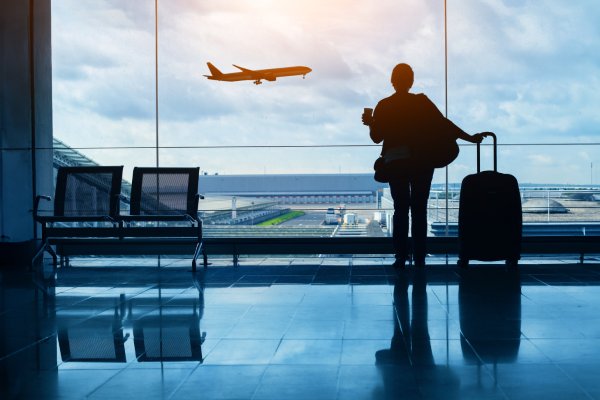Business travel is expected to exceed pre-pandemic levels this year, faster than previous projections, to touch $1.5 trillion, according to a latest report from the World Travel & Tourism Council (WTTC).
The rise of remote working during the pandemic had a disproportionate effect on corporate travel, compared to leisure travel, with virtual platforms replacing face-to-face meetings. In 2023, leisure travel was only 2.9% behind the peak seen in 2019, while business travel continued to struggle, remaining 5.4% behind, the report mentioned.
With business leaders stressing on the significance of face-to-face interactions, business travel is now bouncing back and on track to surpass 2019 figures by 6.2% to reach the new record.

The U.S., China lead business travel spend
The U.S. accounted for 30% of the global total business travel spending in 2019. This year, business travel spend is projected to reach $472 billion, surging 13.4% compared to the country’s 2019 record.
China, which is the world’s second largest market for business travel, is expected to grow its spending on business travel by 13.1% above 2019 levels to reach close to $211 billion.
Business travel expenditure in Germany, the third largest country, is anticipated to reach $87.5 billion, shy of 1% above its 2019 peak.
In the U.K. and France, business travel is projected to infuse $84.1 billion and $42.1billion into their respective economies.
Business travel is not only back on track, it also recovering much faster than expected, highlighting the significance of international travel for businesses, said Julia Simpson, WTTC president and CEO.
“Many business powerhouses, such as the U.S., China and Germany, are expected to reach record numbers this year. While virtual meetings played a crucial role during the pandemic, keeping people and businesses connected, today’s report shows that business is better face to face,” Simpson said.
WTTC’s research also identified other factors that have contributed to the rebound of business travel. With economies around the world normalizing after the pandemic and the travel and tourism sector’s global GDP contribution touching record numbers, businesses have been able to allocate more funds for corporate travel.
The popularity and growth of blended travel, or bleisure, has also enhanced the appeal of corporate travel, the study added. The MICE industry has been a strong comeback and has resumed in-person events after a long period of cancelations and delays.
Companies all over now value travel and in-person connections more than ever, since the movement forced people to stay home or restricted their movements.
“We always said travel was a force for good, driving economic and societal progress. But when travel stopped, GDP plummeted, unemployment soared, mental health issues escalated, and the world became a less tolerant place. The benefits of travel are now no longer in doubt. Companies around the world – many for the first time – are investing in managed business travel to grow their businesses and create winning cultures,” said Paul Abbott, CEO of American Express Global Business Travel.

